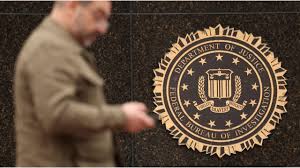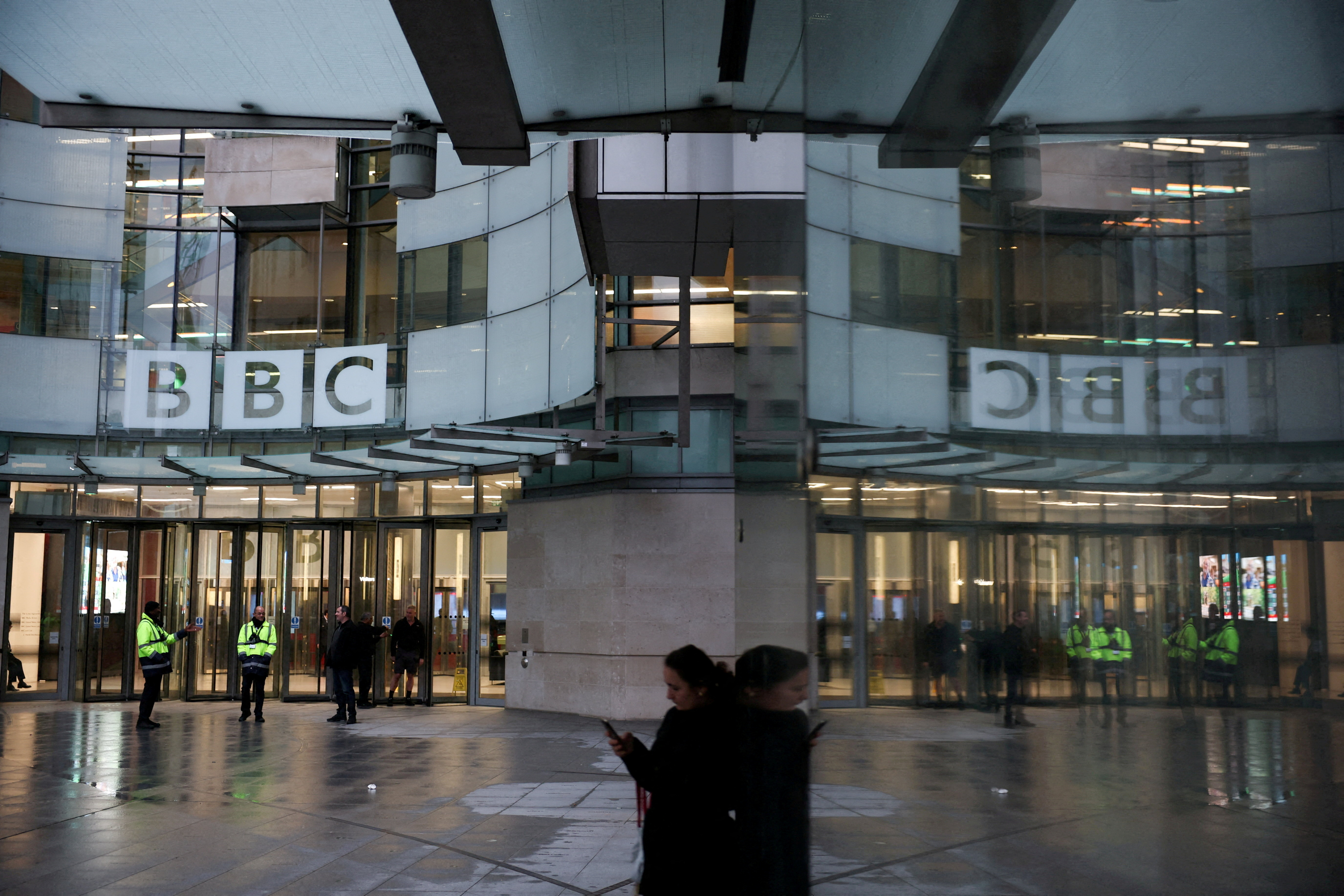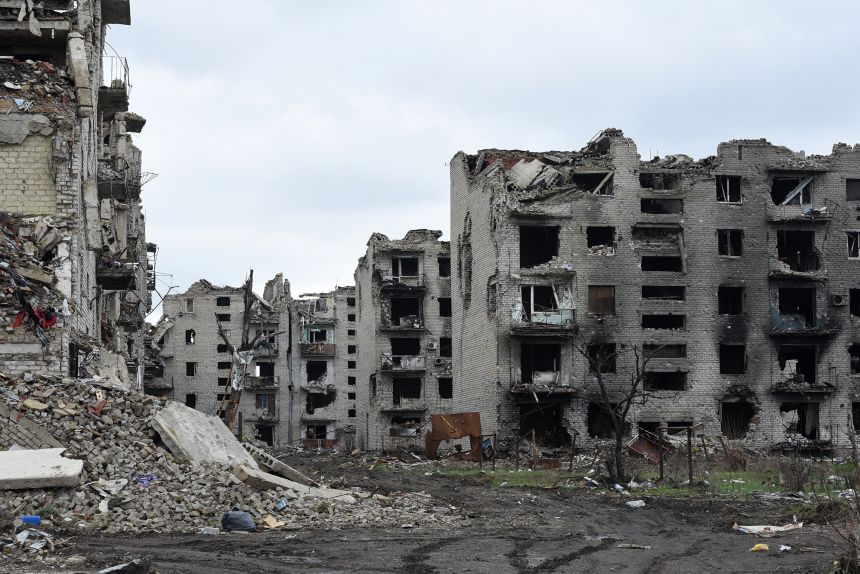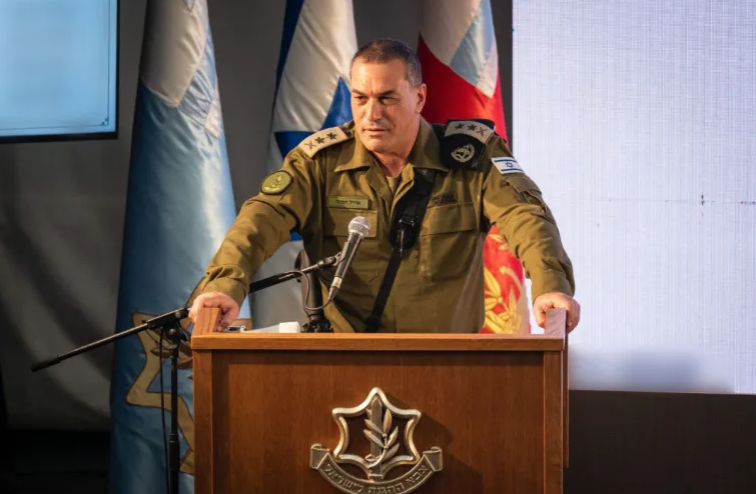WORLD NEWS

Amnesty International has accused Sudan’s Rapid Support Forces (RSF) of committing war crimes in the Darfur town of el-Fasher, highlighting atrocities ranging from summary executions of unarmed men to sexual violence against women and girls. The rights group published its report on Tuesday, hours after the RSF announced a three-month humanitarian truce “in response to international efforts” led by US President Donald Trump.
Since April 2023, Sudan has been engulfed in chaos following a power struggle between the military, led by General Abdel Fattah al-Burhan, and the RSF, commanded by his former ally Mohamed Daglo. Fighting erupted in Khartoum and spread to other regions, including Darfur.
According to Amnesty, testimonies from 28 survivors in el-Fasher document widespread and systematic attacks on civilians. One survivor reported that she and her 14-year-old daughter were raped by RSF fighters while fleeing the city; tragically, her daughter later died in the refugee town of Tawila. Another witness described seeing unarmed people being shot while attempting to escape, saying: “The RSF were killing people as if they were flies. None of the people killed that I have seen were armed soldiers.”
Amnesty chief Agnes Callamard condemned the violence, saying: “This persistent, widespread violence against civilians constitutes war crimes and may also constitute other crimes under international law. All those responsible must be held accountable for their actions.”
The RSF seized el-Fasher in late October, making it the last major city in Darfur under their control. UN aid chief Tom Fletcher described the city as a “crime scene” and urged that perpetrators be brought to justice.
Attempts at mediation have so far failed. On Sunday, Burhan rejected a US truce proposal from the Quad group — comprising the US, Saudi Arabia, Egypt, and the UAE — calling it the “worst yet” and biased due to the UAE’s alleged support for the RSF. The UAE has denied involvement, accusing Burhan of “consistently obstructive behaviour.”
The ongoing conflict underscores the urgent need for accountability and the protection of civilians in Sudan, even as both sides attempt to secure military advantage ahead of future talks.




